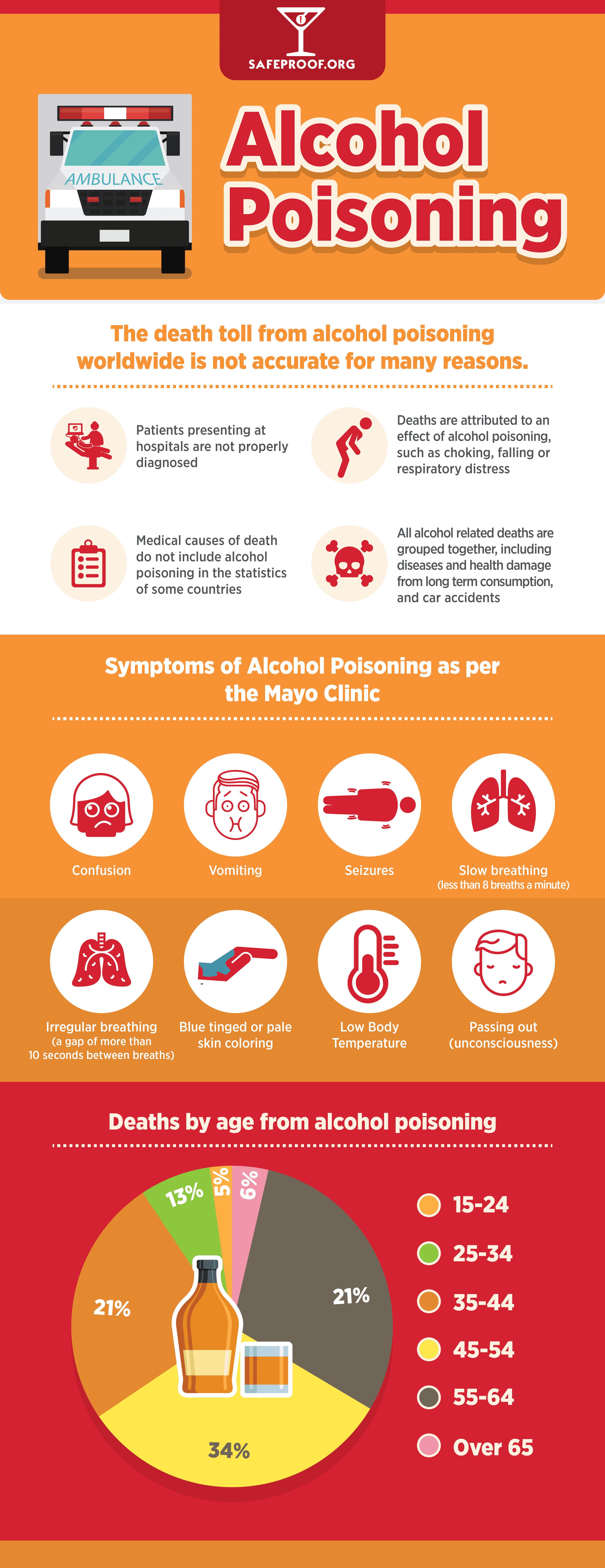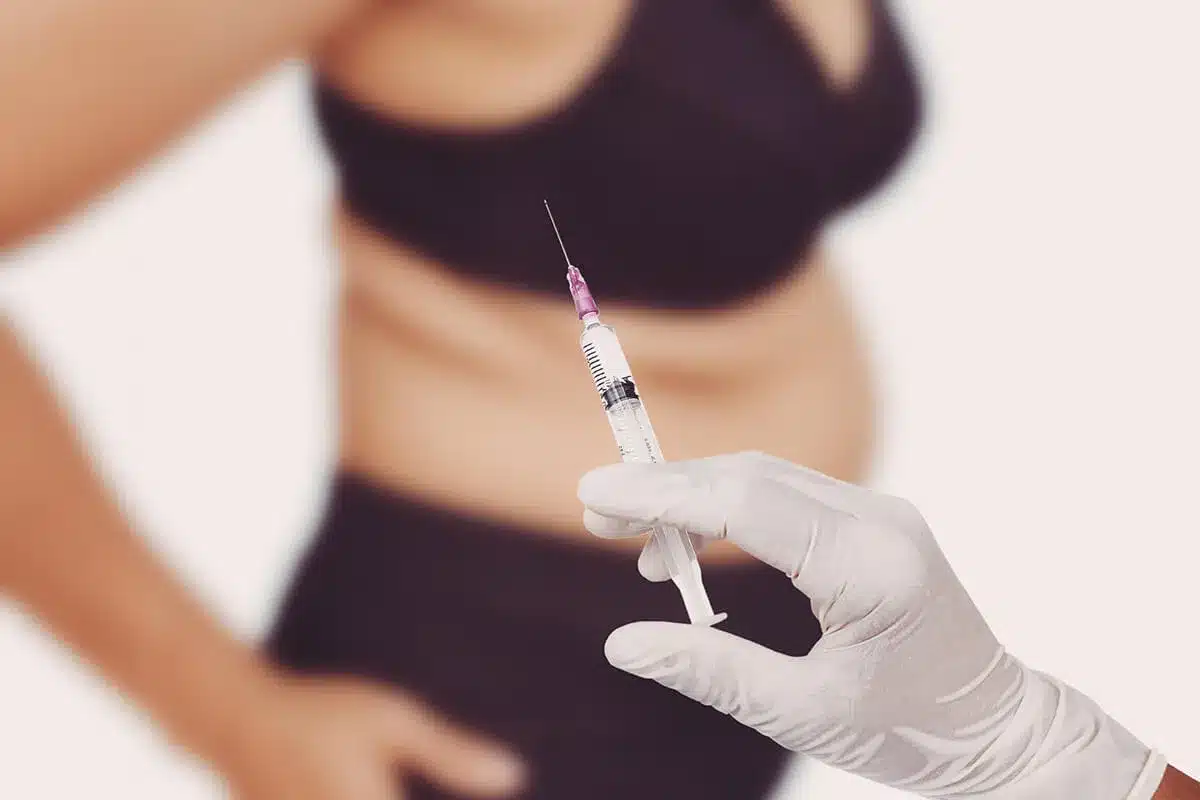What is alcohol poisoning
Alcohol poisoning is a dangerous and sometimes life threatening condition caused by drinking a large amount of alcohol in a short period of time. Ethanol overwhelms the body faster than the liver can metabolize it, leading to toxic effects on the brain, breathing, heart rate, and body temperature. Understanding what is alcohol poisoning is critical because many people confuse alcohol poisoning or just drunk, which can delay urgent care.
Alcohol intoxication and intoxication symptoms
Alcohol intoxication symptoms appear as ethanol blood level rises. Common intoxication symptoms and signs of intoxication include impaired judgment, slurred speech, loss of coordination, nausea, and vomiting. As blood alcohol concentration increases, these signs can escalate into alcohol poisoning signs that require immediate medical attention.
Signs and symptoms of alcohol poisoning
Alcohol poisoning symptoms and signs of alcohol poisoning can include confusion, vomiting, seizures, slow or irregular breathing, low body temperature, bluish or pale skin, and unconsciousness. Early signs of alcohol poisoning may start subtly, which is why many people ask how do you know if you have alcohol poisoning or do I have alcohol poisoning. According to signs of alcohol poisoning WHO guidance, any person who cannot be awakened or has trouble breathing should receive emergency help.



Alcohol poisoning vs being drunk
Alcohol poisoning symptoms vs drunk behavior are not the same. Being drunk usually involves impaired coordination and judgment, but alcohol poisoning or just drunk becomes alcohol poisoning when vital functions are affected. If you are unsure how to detect alcohol poisoning, look for severe symptoms such as repeated vomiting, confusion, or slowed breathing rather than typical hangover symptoms.
Symptoms the next day and hangover confusion
Alcohol poisoning symptoms next day or alcohol poisoning symptoms the next day may include persistent vomiting, severe headache, confusion, and extreme fatigue. Signs of alcohol poisoning next day are often mistaken for hangover symptoms, but lingering neurological symptoms or breathing problems suggest more serious harm.
Dangerous blood alcohol levels
Ethanol blood level is a key indicator of risk. Extremely high levels such as a .309 blood alcohol level are considered critical and potentially fatal. Many people ask how much alcohol can kill you, but the answer varies by body size, tolerance, and drinking speed. There is no safe threshold once alcohol poisoning begins.
Home care myths and real risks
Searches like how to treat alcohol poisoning at home, alcohol poisoning treatment at home, or alcohol poisoning home remedies are common, but dangerous. There is no safe way to treat bad alcohol poisoning at home. What helps with alcohol poisoning at home is limited to calling emergency services, keeping the person awake if possible, placing them on their side to prevent choking, and monitoring breathing until help arrives.
When to seek urgent help
If you notice signs of alcohol poisoning, symptoms of alcohol poisoning, or alcohol poisoning signs such as unconsciousness, seizures, or slow breathing, seek emergency medical care immediately. Asking what is a sign of alcohol poisoning or how to detect alcohol poisoning should always lead to professional evaluation rather than self treatment.









